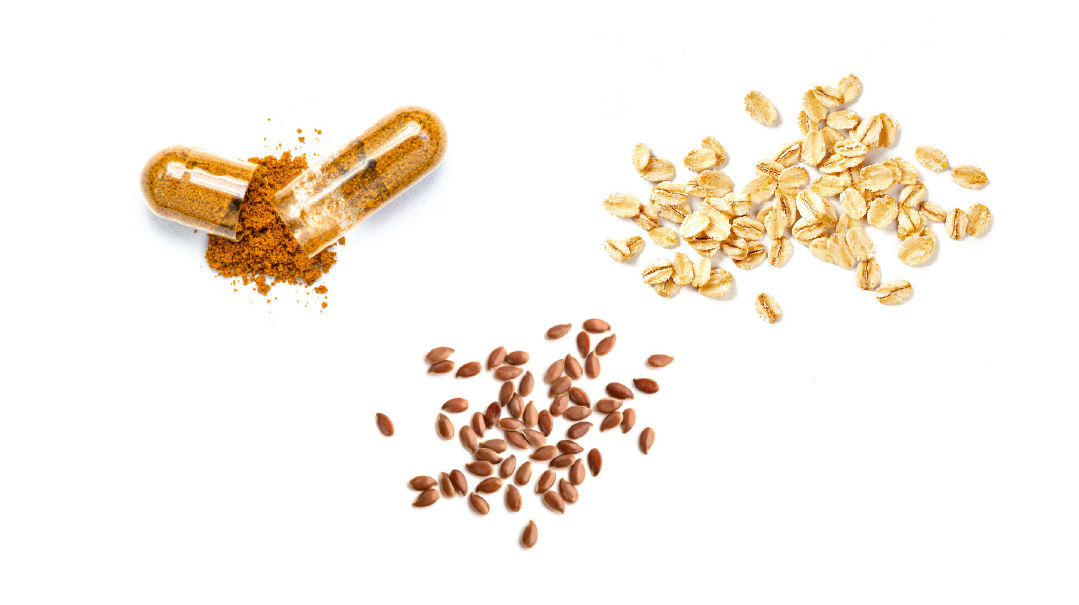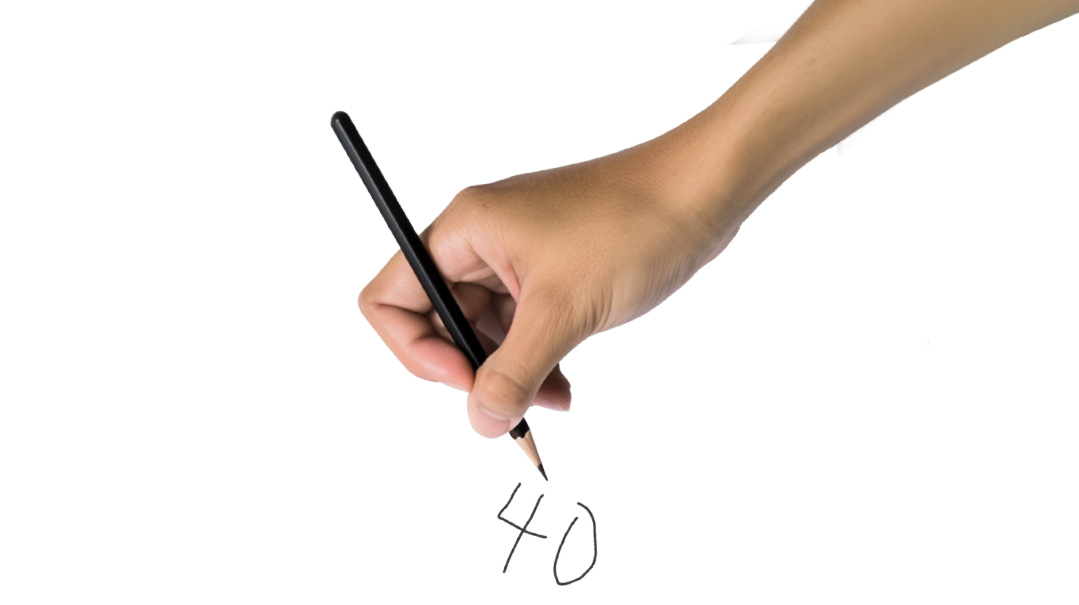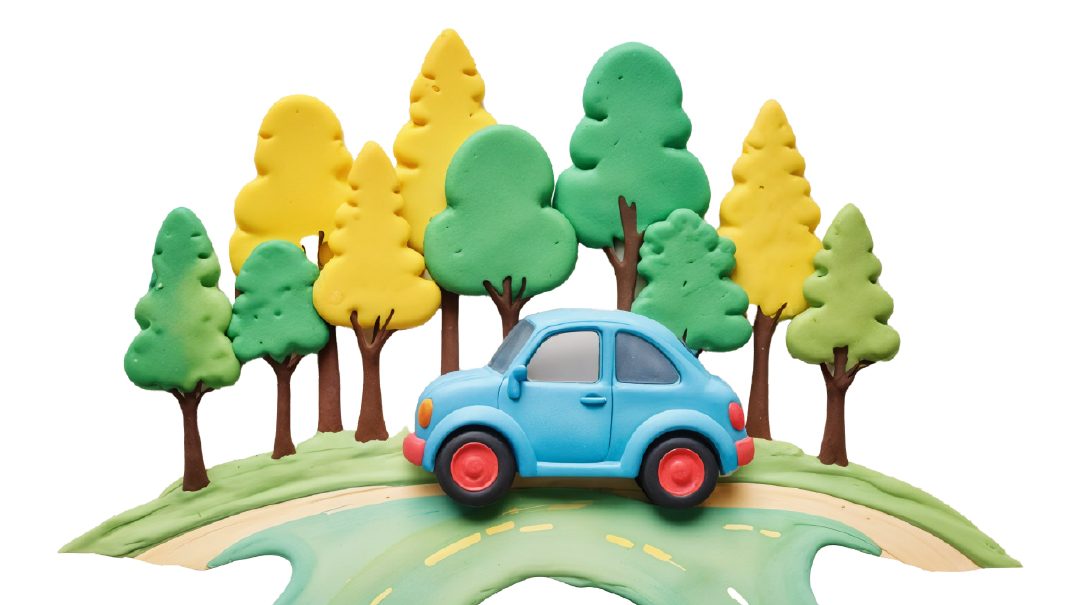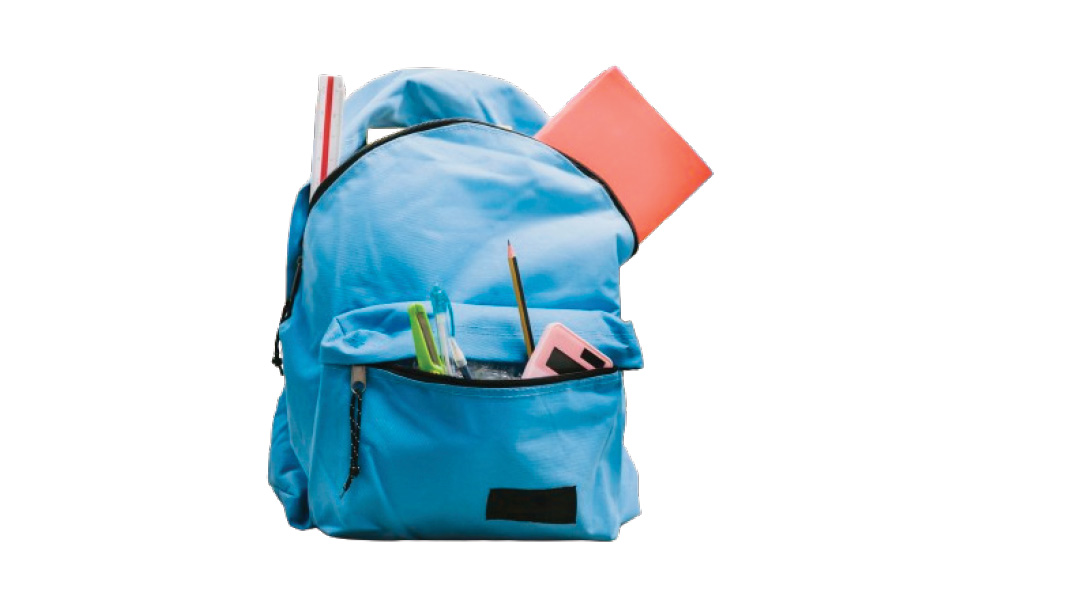Birthday Boy
| January 23, 2024We didn’t know, then, if he would ever speak. If we would ever hear that sweet, sweet voice

MYbrother turns 14 this week.
My baby brother.
The one who has Down syndrome.
That means that one year ago was his bar mitzvah.
One year ago, I stood in the ezras nashim of the small shul where Ezra had his aliyah l’Torah, clutched my siddur, and positioned my girls so they could see their uncle.
One year ago, I pulled the curtain aside to watch my little brother stand straight and (not very) tall at the bimah. I watched as my father draped the tallis over his square shoulders and the Torah scroll was opened.
And then I heard his voice. His deepening, gravelly voice, the voice we waited so long to hear, back when he was a very cute, very small, very sick toddler. Back when he was in and out of the hospital, struggling with chronic lung disease, developmental delays, and a hearing impairment.
We didn’t know, then, if he would ever speak. If we would ever hear that sweet, sweet voice.
His first word was Tali. My name.
How I laughed and danced and sang, holding this little boy in my arms. We waited almost four years for that first word. He beamed at me from behind his thick glasses and smiled that smile that could light up the world. And he laughed with me, because he did it, he said my name.
My vision blurred, but I blinked away the sudden tears so I could focus on Ezra. He said every word of Barchu loudly and clearly. Months of practicing with my father paid off, and the shul erupted with a thunderous, “Baruch Hashem hamevorach l’olam va’ed.” Then there was no stopping the tears. He continued, my brave little brother, with the brachah. And I? I sobbed. My little girls clutched their candies and watched me cry. I pressed my siddur to my face and my heart felt impossibly heavy holding the emotions of so many years of pain and struggle, of memories and hospital rooms, of speech therapy and sign language, of communication devices and games, of moments of trauma and moments of triumph.
My mother stood on one side of me, my girls on the other, my sisters and aunts right nearby. And then it was over, and everyone was throwing candies and whooping, and the men were singing. We threw our candies, too, besides my two-year-old, who held on to hers tightly.
I was there, in the shul surrounded by my family, but a part of me wasn’t present. I’d gone back to the day of Ezra’s birth, when our lives changed forever, when the words “He has Down syndrome” registered in my frontal and temporal lobes. I was in the children’s ward at Shaare Zedek hospital, I was in the pediatric isolation room where I spent Leil HaSeder with my baby brother, a whole Yom Tov, just the two of us together. I was singing Ezra’s favorite songs, CD blasting, dancing with him in my arms, I was at his upsheren, I’d gone back to the time when we found out he needed glasses, to the day we were told he needed hearing aids.
Memories of the last 13 years cascaded over me… the first time Ezra communicated in sign language after months of me teaching him signs, his bris milah when he was nearly a month old, all the times we felt the joy and light and laughter that Ezra brought with him.
The tears kept coming. I was overwhelmed with gratitude, overwhelmed by the magnitude of this exceptional milestone. Every member of my family had helped Ezra reach this day. And the new family that had formed during Ezra’s life — my husband and my children — surrounded Ezra as well, with love, and warmth, and care. They, too, were proud of their uncle — their uncle who they didn’t always understand, but who they knew was special, and was specially theirs. Their mommy’s baby brother.
As much as Ezra grows, as deep as his voice goes (and these days he sometimes even sounds like my father), and as far as he’ll travel, I’ll never forget the journey — our journey — that brought him to this place and time.
I’ll always cherish the wonderful memories, and gently hold on to the harder ones, for all of it is what made each of us become the person we were meant to become.
(Originally featured in Family First, Issue 878)
Oops! We could not locate your form.







